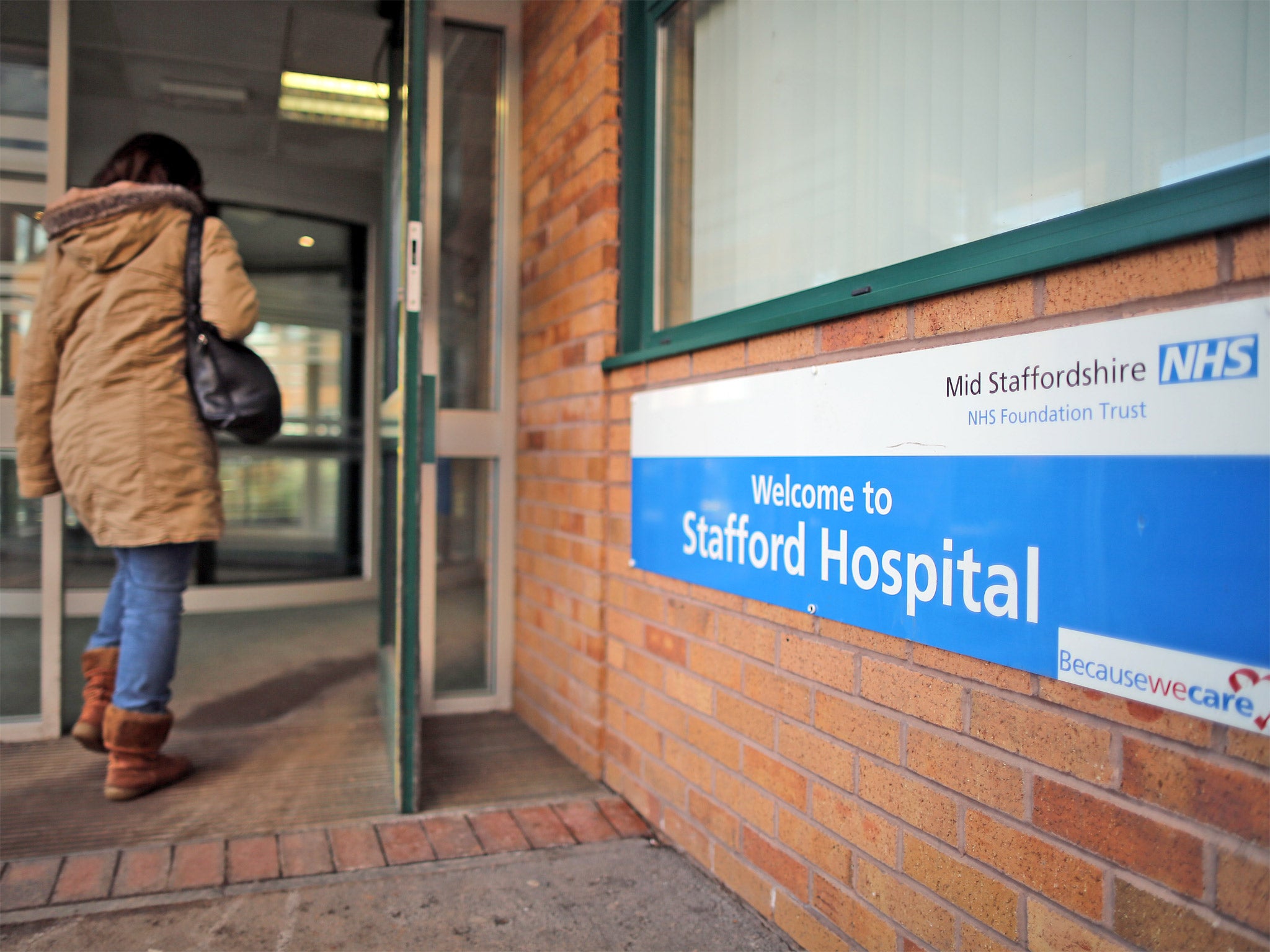Hospital bosses face prosecution over care failings

Hospital and care home managers who allow neglect and abuse to take place on their watch could face criminal prosecution and unlimited fines under new Government plans designed to restore trust in the health service after a series of high profile NHS scandals.
Directors of all healthcare organisations will be subject to compulsory “fit and proper” tests to prove they are up to the job, while the powers of the Care Quality Commission (CQC) to prosecute health bosses will be increased, under proposals to be outlined by the care minister Norman Lamb today.
The new powers will abolish a loophole that has allowed directors to escape prosecution by the CQC. Currently the regulator can only prosecute in cases where it has previously issued a warning notice with which the provider has failed to comply.
There have been no prosecutions for care failures since the CQC was set up in 2009 and fines of just £4,000 have been levied against organisations that failed to meet national care standards.
“Scandals like Winterbourne View and Mid-Staffs have damaged confidence in our health and care system,” said Mr Lamb. “Part of our commitment to rebuilding that trust comes from making sure that people at all levels are held to account for failings when they occur.
“Whilst there must be a sharper focus on corporate accountability, more needs to be done to ensure those responsible for leading a care organisation are up to the job. I hope that providers and people who use services and their families will respond to this consultation as we look to take these proposals forward.”
The Department of Health said that it was still considering what charges could be brought against individual hospital and care home bosses, but said that maximum fines of £50,000 could be ordered. The Ministry of Justice is investigating whether the caps on such fines can be lifted altogether.
Peter Walsh, the chief executive of the medical negligence charity Action against Medical Accidents, welcomed the proposals but said that they must go hand-in-hand with a duty of candour – a key aspect of the Government’s response to the Francis Inquiry into catastrophic failures at the Stafford Hospital.
“It is very good news that the CQC’s powers to prosecute breaches in fundamental standards are to be strengthened in line with the recommendations from the Mid Staffs inquiry,” he said. “This must include the new ‘Duty of Candour’. It could help make CQC fully fit for purpose at last.”
The CQC has previously issued “fixed penalty notices” – action short of prosecution – four times, twice against nursing home operator Rosewood Care LLP, totalling a £8,000 fine, as well as £4,000 fines each for Dav Homes Limited which also failed to meet national care standards, and St Martins Care Ltd, a residential home operator, which failed to meet medicines regulations.
CQC chief executive David Behan said: “Those who run health and care service are accountable for the quality and safety of the care they provide. People have a right to expect that care homes and hospitals meet basic standards of care.
“The power to prosecute, along with a ‘fit and proper’ person test for directors, gives people who use services greater assurance that poor care will be challenged and that they will receive safe and effective care.”
CQC chief admits to ‘culture of suppression’
CQC chairman David Prior told MPs yesterday that a report into an alleged cover-up at the organisation had revealed “incompetence, complacency, dysfunction” and a “culture of suppression and oppression”.
Mr Prior, who assumed his post in January, was appearing before the Health Select Committee with CQC chief executive David Behan to answer questions about its handling of the Morecambe Bay NHS Trust scandal. Conservative Charlotte Leslie asked if it was proper the CQC was still advertising for a marketing manager whose job would be to “expertly manage our reputation and proactively build our profile”.
Charlie Cooper
Join our commenting forum
Join thought-provoking conversations, follow other Independent readers and see their replies
Comments
Bookmark popover
Removed from bookmarks